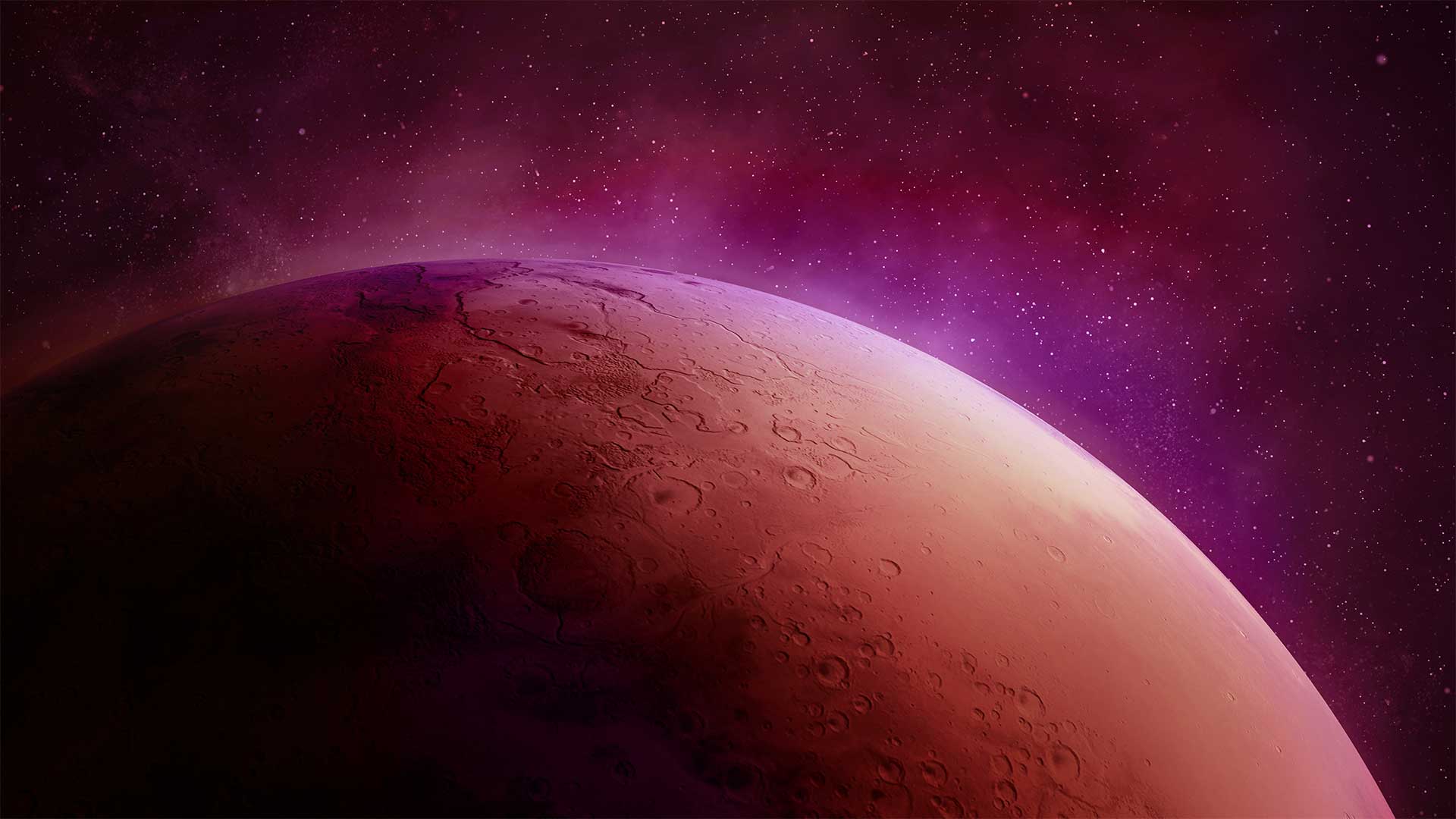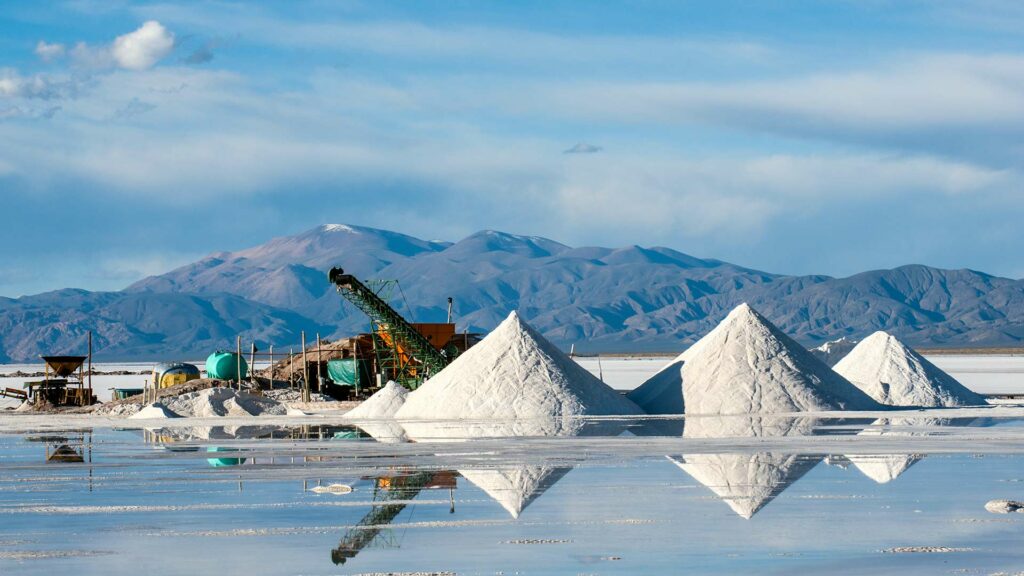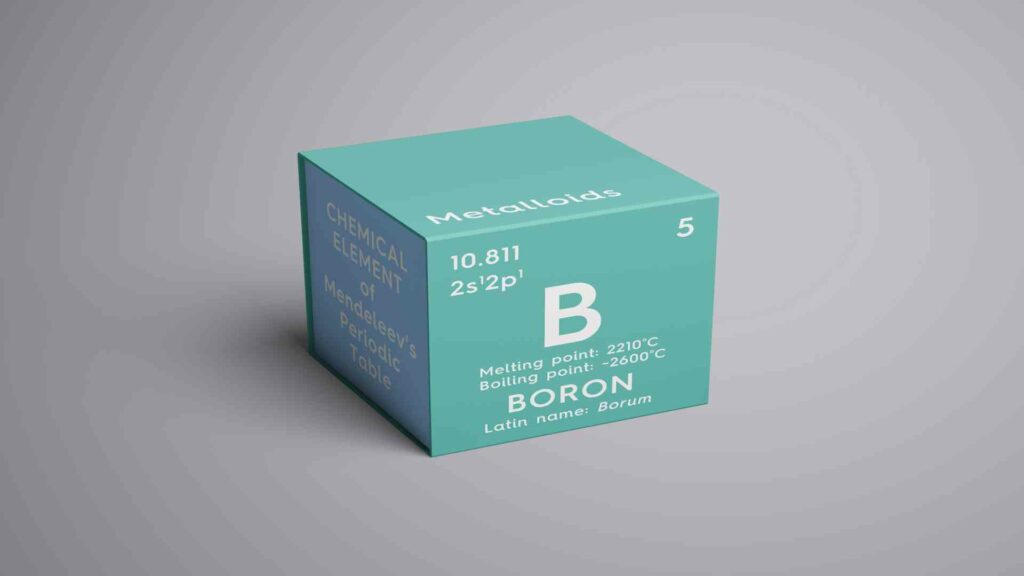BORON on PLANET mars – PROOF OF EXTRA-TERRESTIAL LIFE?
Many people are talking about the discovery of Boron on Mars. The discovery is a “breakthrough,” and has many speculating what this means for the future of space exploration. While some scientists say that more research needs to be done before anything can be confirmed, others are praising NASA’s efforts in exploring other planets and moons within our solar system.
Boron is a chemical element that has the symbol B and atomic number five. It was first discovered in 1808, but it had no name until 1847 when chemists called it boracium. Excitement mounted when researchers in December 2016 discovered Boron on Mars. The NASA Rover “Curiosity” found the element Boron in the mineral veins of the planet.

5 Answers to Questions About Life on Mars
1. Where did the rover find Boron?
The Mars’ Rover “Curiosity” found Boron in the mineral veins of Mars. However, many questions are revolving around the discovery. hat really matters is to what extent boron is useful. The after-effects are still unknown and future research directions will depend on what this element does when it interacts with other elements present in the Mars atmosphere. Many questions arise among them:
- What’s so special about this?
- What will be its effect on future research?
- And why did they find Boron only now when we have been exploring Mars for a long time?

Mars rover Curiosity will look like on the Red Planet. (Image credit: NASA/JPL-Caltech)
2. Did the early environment of Mars support the development of life?
Mars is considered a suitable place for the evolution of life. But, what if Mars once had an environment that was even more conducive to the development of life than we originally believed? What if there were lakes, rivers, and oceans on Mars? This is possible because conditions on Mars may have changed over time.
If the early environment of Mars once supported life, there may be traces of ancient organisms living on or near the surface. This would be an exciting discovery because we could learn a lot about how life developed and evolved by studying these fossils.
If we ever hope to find life on Mars, we must understand the history of climate change and the evolution of water on the planet. A new study published in Geophysical Research Letters has found that the early environment of Mars may have been capable of supporting microbial life.
In 1965, two scientists, astrobiologists Chris McKay and Bruce Jakosky published a paper in the journal Nature with the title “The Early Environment of Mars” where they discussed if Mars could have been more conducive to life than Earth. It has long been debated that Terran life may have come from another planet.
The paper was groundbreaking because it was one of the first to explore the possibility that there is some evidence of past liquid water on Mars which would make it possible for microbial life to exist today.
If so, then there are high chances that any landforms or surface features observed by NASA’s rovers or space missions might show signs of having once hosted living organisms.
3. With Boron on Mars, is the set of chemicals necessary for life complete?
The discovery of Boron on Mars is a big deal because it means that the package of chemicals needed for life may well be complete. The borates are present in hot springs and other watery environments. But their presence was not there outside Earth until now. They are an essential ingredient to any kind of living organism. It is vital because they provide energy by reacting with organic compounds. This process is “chemosynthesis”. It can create food without sunlight or oxygen from carbon dioxide and chemical elements like hydrogen sulfide.
4. Is Boron a key to finding life on Mars?
A team at NASA’s Jet Propulsion Laboratory (JPL) recently discovered traces of borate deposits near Valles Marineris, the Grand Canyon of Mars. And this discovery led to different types of reactions.
The first type of reaction was amazement, as this discovery was supporting the idea that life is possible on Mars.
The second type of reaction includes concern over any boron acid found in Martian water – and its effects on humans who may one day visit the planet.
And finally, there are also concerns about how this information will affect plans for future manned or unmanned missions to study Mars’s surface more closely.
5. Discovery of Boron on Mars Hints the Red Planet Was Once Habitable
The discovery of boron on Mars has led some scientists to research further into a number of areas. One of them is that the red planet was habitable in its past. But what does this mean for future missions and colonization? The implications are far-reaching but could be positive. Especially since we have evidence of liquid water existing on Mars’ surface.
Boron is one of the key ingredients if life forms were ever-present on Mars. Because it absorbs radiation from space and was once thought necessary to produce organic molecules like DNA and RNA. This type of molecule involves carbon atoms bonded together with oxygen atoms as well as hydrogen. Or other types of chemical bonds, according to NASA’s website. Therefore, finding these elements would provide significant clues into the hope for finding life on Mars.
There is still hope to find evidence of life in other parts of the space. But are we there yet?
No, we are not . We still need to find water and oxygen molecules to decide the likelihood of life on Mars. It is unclear if an ancient Martian atmosphere left Boron behind. Or was it from a volcanic activity? But either way, it would be necessary for more study before we can conclude.
This discovery has many implications for our understanding of life in other parts of our solar system and universe. This may lead to colonizing or studying this planet or others like Earth. Mars is always fascinating to us humans. And we are always excited to know what is present on the surface.
What’s Next after finding Boron on Mars?
The discovery of borates on Mars has prompted many questions about our understanding of other forms of life in other parts of our solar system or universe. It is impossible to predict any effects yet. However, scientists will need to find out more before we can be certain! In particular, they want to find out exactly how much boron there is relative to Oxygen.
This research will give us a better idea of whether this part of Mars had an ocean with volcanic activity. And did that create a rich supply of Borean salts? Exciting times for science and research!





